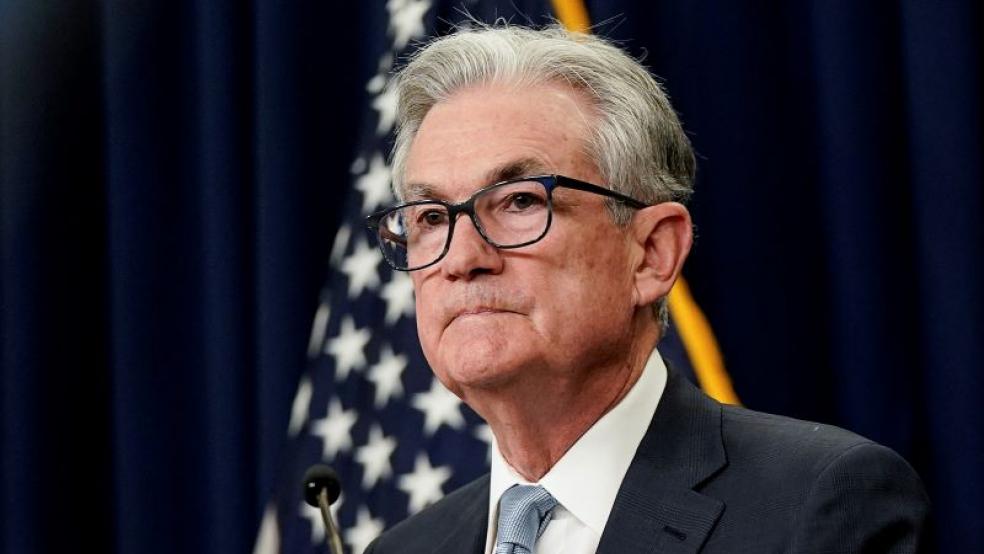The Federal Reserve on Wednesday raised its benchmark interest rate by 75 basis points, moving its target range to between 3.75% and 4%. The hike was widely expected, leaving analysts to focus on whatever clues the Fed might offer about its plans for the future.
The big question is whether the Fed intends to reduce the size of its next interest rate hike in December, which will come on the heels of four increases of 75 basis points in a row stretching back to June. Many analysts expect the next increase to be reduced to 50 points, followed by either smaller increases or a pause. Tuesday’s statement from the Federal Open Market Committee gave them a glimmer of hope that this might just be how it plays out.
“In determining the pace of future increases in the target range,” it said, “the Committee will take into account the cumulative tightening of monetary policy, the lags with which monetary policy affects economic activity and inflation, and economic and financial developments.”
The mention of a “lag” is being seen by some as dovish, suggesting that the Fed is willing to slow down and wait to see if its policies are working to bring inflation under control. “This is the Fed’s way of telling us that a slowdown in the pace of future hikes is upon us,” analyst Peter Boockvar said in a note.
But other details from the FOMC statement and Fed Chair Jerome Powell’s comments at an afternoon press conference were more hawkish. Powell told reporters that he thinks rates may go higher than previously expected and stay high for a significant amount of time. “The question of when to moderate the pace of increases is now much less important than the question of how high to raise rates and how long to keep monetary policy restrictive,” he said.
Powell also splashed cold water on the idea of ending the rate increase campaign any time soon. “It is very premature to be thinking about pausing,” he said. “We think we have a ways to go—we have some ground to cover with interest rates.”
Recession odds rising? Inflation is still far higher than the Fed’s 2% target, and Powell made it clear that he plans to keep interest rate high for as long as it takes to bring inflation under control. The biggest risk for the economy, he said, is “if we don’t get inflation under control because we don’t tighten enough.”
Asked if he thinks a “soft landing” — in which inflation eases without a recession — was still possible, Powell said that while it’s still possible, the odds are not improving. “Inflation has not come down,” he said. “Policy needs to be more restrictive, and that narrows the path to a soft landing.”
The bottom line: The Fed signaled today that while its next interest rate hike may be smaller, the central bank's war on inflation will continue until it gets results, which could take longer than previously expected. “Slower for longer,” said Michael Feroli, J.P.Morgan’s chief US economist, in a note to clients. “The Fed opened the door to dialing down the size of the next hike but did so without easing up financial conditions.”




